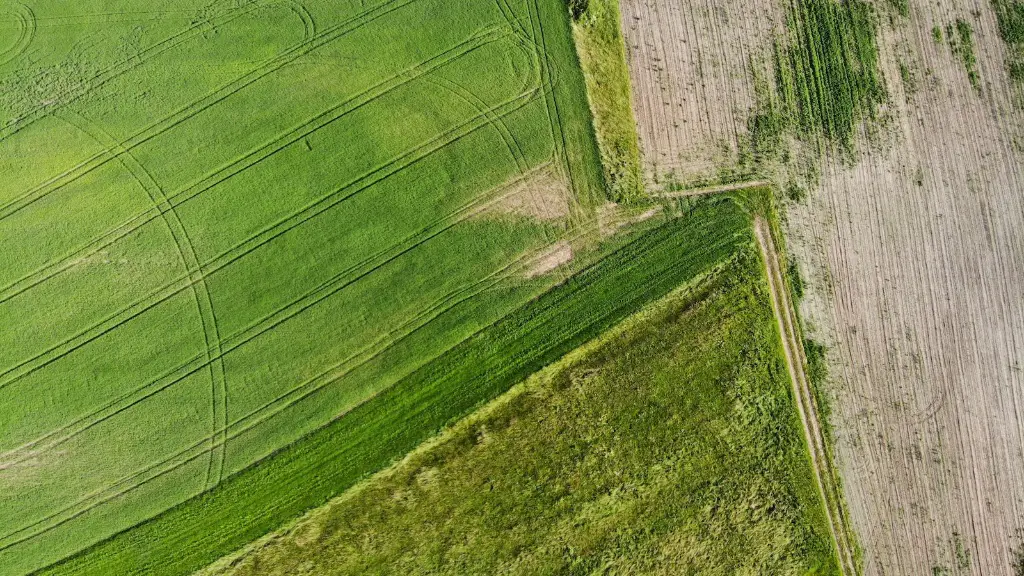Climate change has become a major global issue in the past decades. While its effects have been felt globally, it was often difficult to determine the root cause of these changes. In recent years, however, the evidence has been mounting—global warming is caused by human activities, primarily from the burning of fossil fuels.
The process of burning fossil fuels produces gases such as carbon dioxide, methane and nitrous oxide which accumulate in the atmosphere, trapping heat from the sun. This warming of the atmosphere causes a variety of effects in our atmosphere, oceans, and land, ranging from increased droughts and floods to melting of polar ice caps and rising sea levels.
The evidence that humans are the main cause of climate change is undeniable. Scientists have been able to measure the specific type of carbon dioxide found in fossil fuels, and the United Nations Intergovernmental Panel on Climate Change (IPCC) has reported that this form of carbon dioxide is a major factor in the rise of Earth’s temperature. In addition, researchers have predicted the effects of global warming and have confirmed that the world has experienced a 1.5-degree Celsius increase in average temperate since the 1800s, with the majority of this increase happening in the last few decades.
The effects of global warming can be seen in many areas, including the Arctic sea ice, Arctic species, permafrost, and polar ecosystems. The Arctic sea ice has declined by over 50% since the 1980s; this increase in melting has caused widespread flooding throughout the region, threatening habitats and local communities. The permafrost in the Arctic region has been melting, releasing large amounts of methane into the atmosphere, increasing global temperatures even further. Finally, animal species in the Arctic such as polar bears and walruses have become endangered due to the melting of the ice.
However, despite the dire effects of global warming, there have been some positive developments as well. Nations around the world have committed to reducing their carbon emissions, and progress has been made in the development of more sustainable energy systems. Renewable energy sources such as wind and solar power have gained traction, and some countries have even committed to complete carbon neutrality. In addition, global initiatives have been established in order to preserve and restore ecosystems and habitats around the world.
The future of our planet hangs in the balance. If we ignore the warnings of science, our planet will continue to warm, and the effects will be increasingly dire and irreversible. In order to mitigate the effects of climate change, we must take action now. We must reduce our dependence on fossil fuels, invest in renewable energy sources, and preserve our ecosystems. We must also take a global approach to the problem, with all nations coming together to find solutions. Only through collective efforts can we hope to avert the disastrous effects of global warming.

